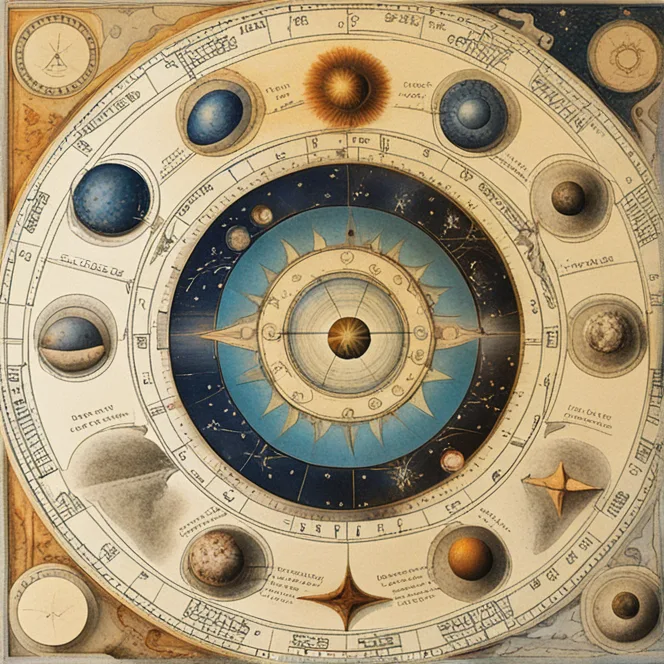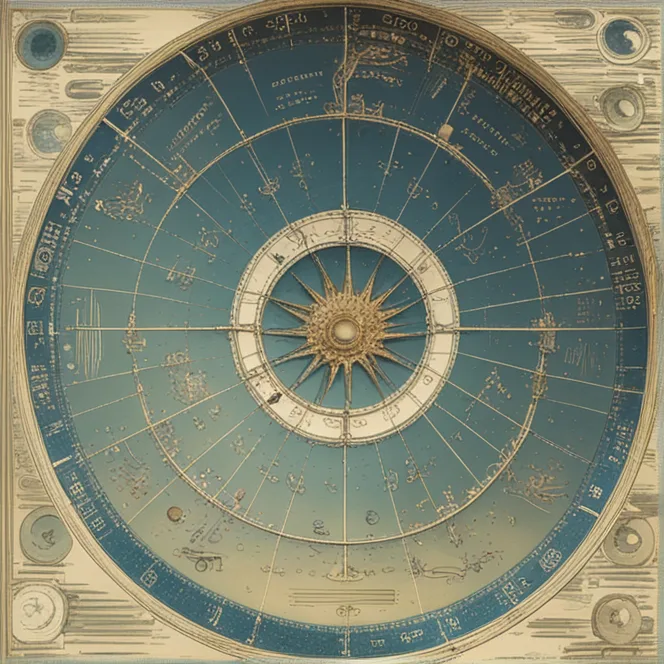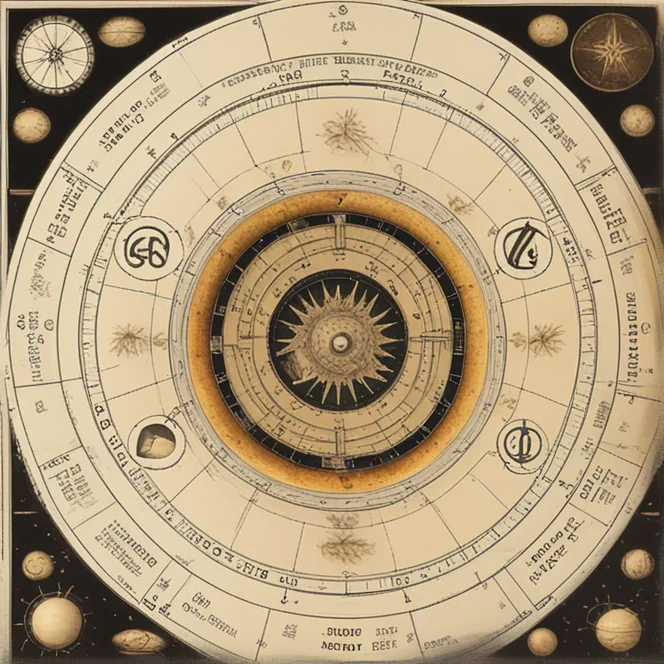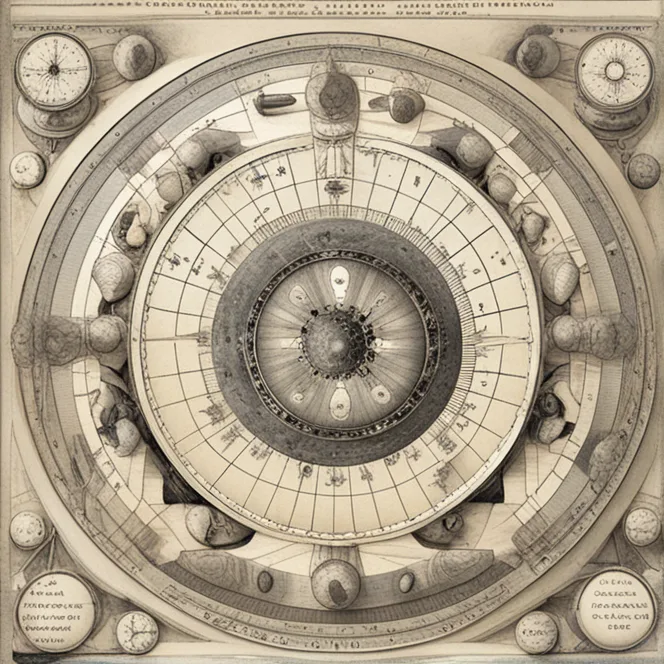
The Reality Of Astrology: A Closer Look
Explore the compelling arguments that astrology possesses a depth of insight into human life, beyond mere coincidence or generalization.
article by Priya Deshmukh
The Historical Context
Astrology, cherished by civilizations since ancient times, stands as a testament to humanity's enduring quest for understanding the cosmos and our place within it. This ancient practice, which predates many scientific advancements, has been used to predict seasonal shifts, guide agricultural practices, and navigate life's many challenges. Scholars and laypeople alike have looked to the stars for guidance, and rulers have relied on the counsel of astrologers. Its historical significance is undeniable, with astrology deeply interwoven into the cultural and spiritual tapestries of societies worldwide—from the astrologers of Babylon to the star charts of India and China.

Synchronicity and Symbolism
Astrology delves into the synchronicities between celestial movements and earthly events, suggesting a symbolic relationship rather than a cause-and-effect connection. This perspective reveals a universe rich with meaning, where planetary alignments at the moment of one's birth are thought to imprint certain potentials and dispositions. The complex art of chart interpretation involves deciphering these symbols, an endeavor that countless individuals find insightful and reflective of their personal experiences. Such narratives may offer comfort, foster self-awareness, and provide a framework for understanding life's unfolding events.

Astrology and Personality
Enthusiasts argue that astrology offers nuanced portraits of personality that resonate on a profound level. Through the intricate details of birth charts, astrologers discern traits, strengths, vulnerabilities, and paths to personal growth. The twelve zodiac signs offer archetypal characteristics that many find uncannily accurate, and the additional layers of planets, houses, and aspects create a multifaceted picture that transcends generic horoscope columns. For many, this personalized insight validates astrology's relevance in understanding the intricacies of human character.

Statistical Support and Skepticism
While astrology has its skeptics, some statistical studies suggest correlations between astrological factors and human affairs. One example is the famed "Mars effect," which indicates a higher number of successful athletes born when Mars is prominent in the sky. Critics point out methodological flaws or biases that could skew such results, emphasizing that correlation does not equate to causation. The debate continues, with astrologers calling for an open-minded inquiry and skeptics upholding rigorous scientific standards.

Psychological Value and Therapeutic Use
Regardless of empirical evidence, astrology's psychological value cannot be overlooked. It serves as a tool for introspection, prompting individuals to reflect on their life choices and challenges. Therapeutically, astrology can be utilized as a narrative framework for discussing personal issues, similar to how myths and stories are used in psychotherapy. The archetypes within astrology can mirror an individual’s cognitive patterns, offering a unique pathway to understanding and personal transformation.
Astrology in the Modern World
In today’s digital age, astrology has seen a resurgence, particularly among younger generations searching for meaning in an increasingly uncertain world. Many turn to astrology for its communal aspect—sharing zodiac memes online and engaging in discussions about their star-sign traits and compatibility. Astrology's persistence and modern appeal underscore its role not merely as a predictive tool, but as a cultural touchstone that continues to evolve alongside society.
Published: 12/13/2023
Modified: 12/13/2023
More predictions
Come back here soon to learn more about yourself and your future





